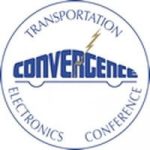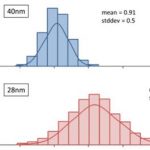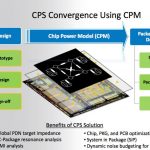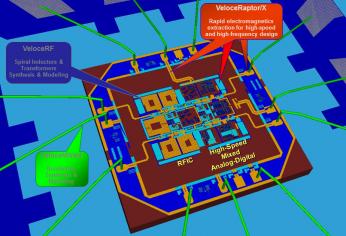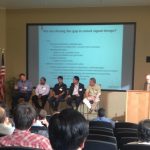When I worked for VaST we went to a show that I’d never heard of in EDA: SAE Convergence (SAE is the Society of Automotive Engineers). It is held once every two years and it focuses on transportation electronics, primarily automotive although there did seem to be some aerospace stuff there too. This is an even year, Convergence… Read More
Tag: eda
Variation at 28-nm with Solido and GLOBALFOUNDRIES
At DAC 2012 GLOBALFOUNDRIES and Solido presented a user track poster titled “Understanding and Designing for Variation in GLOBALFOUNDRIES 28-nm Technology” (as was previously announced here). This post describes the work that we presented.
We set out to better understand the effects of variation on design at 28-nm. In particular,… Read More
A Brief History of Atrenta and RTL Design
We’re plagued by acronyms in this business. Wikipedia defines RTL as follows: “In digital circuit design, register-transfer level (RTL) is a design abstraction which models a synchronous digital circuit in terms of the flow of digital signals (data) between hardware registers, and the logical operations performed on those… Read More
Aldec-Altera DO-254
As described in DO-254, any inability to verify specific requirements by test on the device itself must be justified, and alternative means must be provided. Certification authorities favor verification by test for formal verification credits because of the simple fact that hardware flies not simulation models. Requirements… Read More
Jasper User Group
The Jasper User Group meeting has been announced. It will take place on November 12th and 13th. As last year, it will be at the Cypress Hotel at 10050 De Anza Boulevard in Cupertino. The user group meeting is free for qualified Jasper customers.
Topics to be covered are, of course, all things verification:
- SoC subsystems verification
CEVA DSP Technology Symposium Series 2012
You are cordially invited to register to attend the CEVA DSP Technology Symposium Series 2012, which will take place in Taiwan, October 16th, China, October 18th and Israel, November 1st.
CEVA’s industry-leading experts and engineers will present a full day of lectures and seminars where you will learn about the latest technological… Read More
Chip Aware System Design
On Wednesday this week Ansys/Ansoft/Apache are presenting a new webinar Chip Aware System Design. It is presented by Dr Steven Gary Pytel Jr of the Ansoft part of Ansys, and Matt Elmore of the Apache subsidiary. The topics that will be covered include:
- Power Delivery Network (PDN) design requirements
- ABCD Matrix theory
- SYZ Matrix
A Brief History of Helic
As I have mentioned before, you can tell al lot about a company by their CEO. The previous trip I made to Taiwan was with Helic co-founder and CEO Dr. Yorgos Koutsoyannopoulos. One of the benefits of my job is I get to spend time with some very interesting people from around the world and this was no exception.
Prior to founding Helic, … Read More
Cadence Mixed Signal Technology Summit
Yesterday I attended some of the Cadence mixed-signal technology summit. The day ended with a panel session on Are We Closing the Gap Yet in Mixed-signal Design? Richard Goering moderated. The panelists were all mixed signal experts:
- Nayaz Khan of Maxim
- Nishant Shah of Broadcom
- Shiv Sikand of IC Manage
- Bill Meier of Texas Instruments
Atrenta Wins Gold
What is the most read article on design on EE Times website? Brian Bailey has an article up running through the top 10. It turns out that the #1 article is Understanding Clock Domain Issues by Saurabh Verma and Ashima S. Dabare of Atrenta. It actually had more than double the views of the second place paper. Checking clock domain crossing… Read More


